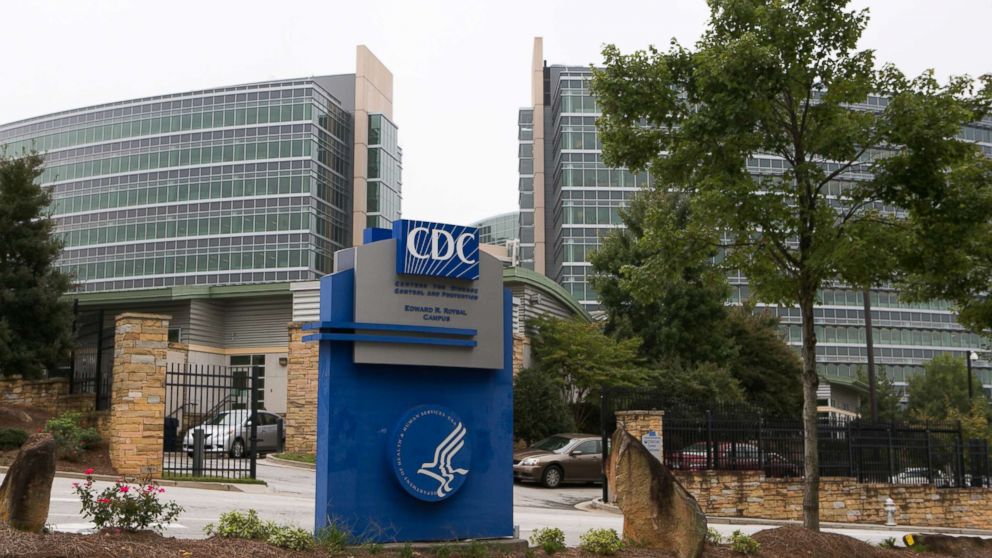Increased risk of dengue virus infections in the US: CDC
Dengue virus infections have been on the rise in the United States in recent years, according to the Centers for Disease Control and Prevention (CDC). The CDC has issued a warning about the increased risk of dengue virus infections in the US, particularly in states like Florida, Texas, and Hawaii.
Dengue fever is a mosquito-borne viral disease that is transmitted by Aedes mosquitoes, primarily Aedes aegypti and Aedes albopictus. These mosquitoes are commonly found in tropical and subtropical regions, but they have been spreading to new areas, including the southern United States, due to factors such as climate change, urbanization, and global travel.
Symptoms of dengue fever can range from mild to severe, and may include high fever, severe headache, pain behind the eyes, joint and muscle pain, rash, and bleeding. In severe cases, dengue fever can lead to dengue hemorrhagic fever, which is a potentially life-threatening condition.
The CDC has reported an increase in dengue virus infections in the US in recent years, with a total of over 2,000 cases reported in 2020 alone. This represents a significant increase compared to previous years, and is a cause for concern.
There are several factors that contribute to the increased risk of dengue virus infections in the US. Climate change has led to warmer temperatures and increased rainfall, creating more favorable conditions for mosquitoes to breed and spread. Urbanization and travel have also played a role in the spread of dengue virus, as people travel to and from regions where the virus is endemic.
To prevent dengue virus infections, the CDC recommends taking measures to protect against mosquito bites, such as using insect repellent, wearing long sleeves and pants, and using screens on windows and doors. It is also important to eliminate standing water around the home, as this can be a breeding ground for mosquitoes.
If you develop symptoms of dengue fever, such as fever, headache, and muscle pain, it is important to seek medical attention. Early diagnosis and treatment can help prevent complications and reduce the risk of severe illness.
Overall, the increased risk of dengue virus infections in the US is a cause for concern, and it is important for individuals to take steps to protect themselves and prevent the spread of the virus. By following CDC guidelines and taking precautions to avoid mosquito bites, we can help reduce the risk of dengue fever and protect our communities from this potentially serious disease.






